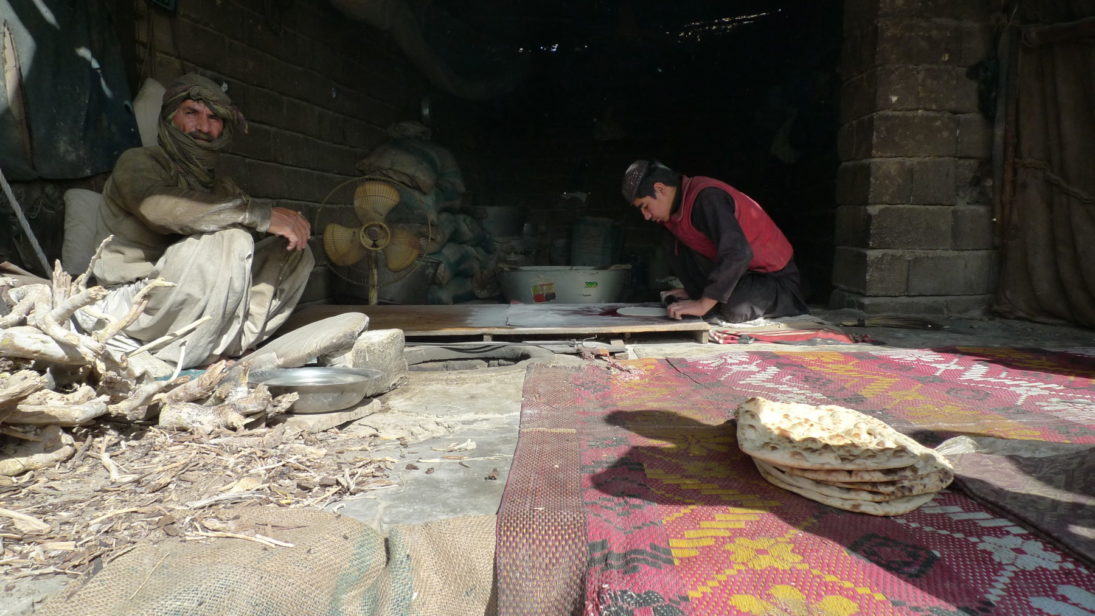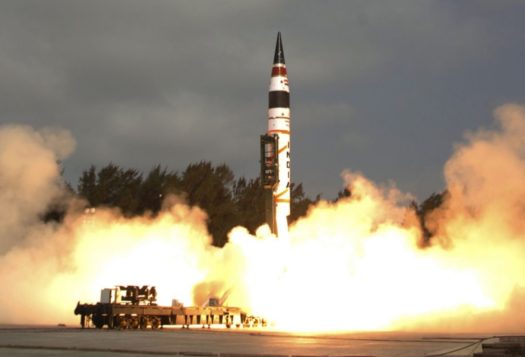
Baluchistan, Pakistan’s largest but sparsely populated and underdeveloped province, has grappled with an ethno-nationalist insurgency for the last 15 years.
With its 750-kilometer coastline and proximity to the energy-rich Middle East and Central Asia, Baluchistan has strategic importance to Pakistan. Indeed, Baluchistan’s importance has only grown given the region’s centrality to the China-Pakistan Economic Corridor (CPEC) project, upon which Pakistan has placed its hopes for economic revitalization. CPEC would connect China’s landlocked Xinjiang province with Gwadar port in Baluchistan along a lengthy network of roadways and railroads, making Baluchistan a major thoroughfare for trade in the region.
As such, peace and containment of the insurgency in Baluchistan is not only crucial for Pakistan but for the broader region. Pakistan should reframe its previous policy of heavy handedness towards Baluchistan and instead focus on countering internal and external drivers of conflict if it wants to secure the benefits of CPEC for Baluchistan and Pakistan.
The Baluchistan Insurgency – Historical and Contemporary Drivers
Since Pakistan’s independence in 1947, Baluchistan has witnessed five insurgencies, with the most recent beginning in 2002 with the death of the Baloch leader, Akbar Bugti, by Pakistani forces, and continuing until the present. The Pakistani government has long-failed to address a range of developmental challenges in Baluchistan from low literacy rates and unemployment to an inequitable tribal system. This neglect has created space for different drivers of conflict to flourish as illustrated in the figure below.

Longstanding internal grievances, including economic suppression, ethnic-based discrimination, denial of oil and gas revenues, and political subjugation by the federal, and sometimes provincial, government are some of the root causes of insurgencies in Baluchistan.
Externally, the ongoing U.S.-led war in Afghanistan is another contemporary driver of conflict, which has resulted in marginalization of Baluchi nationals via the influx of Pashtun refugees from Afghanistan and the infiltration of extremist militants into Baluchistan.
India has also provided support to Baluchi dissidents. For example, since 2009, the Indian government has hosted an important representative of the Baluchistan Liberation Organization, Balaach Pardili, in New Delhi. The Pakistani government and military officials have also repeatedly claimed the Research and Analysis Wing (RAW), India’s intelligence service, has been training Baluchi dissidents within Pakistan and Afghanistan. In 2016, Pakistan presented a dossier to the United Nations related to Indian involvement in Baluchistan. Finally, the recent arrest of an alleged RAW operative, Kulbhushan Jadhav, may further substantiate the Pakistani government’s stance. According to political scientist, C. Christine Fair, “it would be a mistake to completely disregard Pakistan’s regional perceptions…Indian officials have told me privately that they are pumping money into Baluchistan.”
Neighboring Iran also presents certain challenges. Ethnic Baluchi Sunni Muslims live on both sides of the border in Iran and Pakistan. The consequences of an expanded insurgency is thus an important strategic concern for Iran. In the past, both Iran and Pakistan cooperated to counter Baluchi national movements, but now they suspect the other of interfering in its internal affairs. Conversely, Iran likely will not appreciate any Indian actions that foment unrest in Baluchistan, which could possibly push Iran closer to Pakistan.
Previous Policy Initiatives
Baluchistan policies of the past are noteworthy for their lack of a holistic approach despite regular insurgencies. National governments have opted for a reactive approach rather than addressing the grievances of locals. Political initiatives advanced by previous regimes have resulted in few positive outcomes.
In August 2011, Pakistan constituted a parliamentary committee to provide policy recommendations on the situation in Baluchistan, but these measures were never implemented. The Aghaz-e-Haqooq reform package, National Finance Commission award, which distributes central revenue among the provinces, and the 18th Amendment to the Constitution all contain aspects designed to minimize the grievances of Baluchis. However, these measures have had only a minimal impact due to a lack of sincerity in their implementation.
Moreover, corruption, poor governance, and an incompetent provincial administrative structure has failed to deliver the economic benefits of Baluchistan’s natural and mineral wealth to the people. Finally, there is a lack of clarity among Pakistani political leaders regarding an effective strategy to solve the current insurgency, particularly whether to attack all insurgents, target specific groups sequentially, or pursue a dialogue.
Recommendations
CPEC offers an opportunity for the central government to reassess and improve its policy towards Baluchistan by bringing investment and jobs into this underdeveloped province. A proactive approach is required to handle the Baluchistan crisis by jump-starting several initiatives. Renewed negotiations that include all the groups who represents Balochis should involve the formation of an empowered committee to represent their interests.
Special attention should be given to incorporating Baluchis, especially Baluchi youth, into the mainstream political culture in Pakistan. This incorporation can be accomplished through amnesty schemes for former insurgents, educational quotas, and provincial security and military recruitment policies. For socio-economic development, a mechanism should also be devised that minimizes the gap between tribal leaders and the population and facilitates the representation of each ethnic group at the local and federal levels. Likewise, effective border control should be instituted to restrict unregulated, cross-border movement.
***
Editor’s Note: Click here to read this article in Urdu
Image 1: Robin Jakobsson via Flickr.
Image 2: Created with Piktochart.


